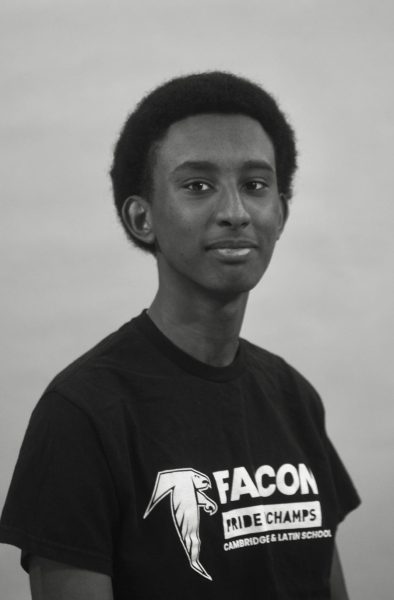The sound of computers clicking as the refresh button is pressed over and over again gives the room an anxious, panicky feel. A student frantically taps at their keyboard, desperately hoping for just one open seat in AP Psychology. Seconds later, he sighs in frustration after yet another failed attempt. Half the class has already given up on the lesson, their minds occupied with the stress of course selection. “This method of choosing courses is stealing students’ attention away from learning,” said Ben Darom ’27 to the Register Forum, frustrated after spending yet another class period refreshing his screen instead of paying attention to his teachers.
As the week dragged on, students began losing hope in the method of endless clicking and found more strategic means. Some started saying that seats tended to open up more frequently at the start of periods two and four, which was right when course selection meetings with guidance counselors began. Even teachers, recognizing the chaos, started making exceptions and allowed sophomores to keep their laptops open during lessons, turning learning environments into unofficial course registration war rooms.
AP Psychology, AP World History, AP Comparative Government, and AP US Government and Politics are four of the most sought-after classes, and yet, entirely out of reach for most students. Every time someone refreshes their page, the result is the same: the words “Class Full” written next to the coveted courses. By Friday, the initial frenzy began to fade, replaced by frustration instead. One by one, students started giving up, resigning themselves to backup electives they had never considered. However, not everyone saw the system as unfair. “It’s fun,” Ezra Mongell ’27 told the Register Forum. “It’s made so only the people who really want the class get in. If you’re willing to refresh your page nonstop, you deserve it.”
Mongell also recounted a funny story to the Register Forum. While nearly everyone had given up, Mongell did not. Then to his shock, seats for every class suddenly opened. At that moment, the classroom was anything but a place of education; rather, it was a battlefield. A process meant to be straightforward has turned into a stressful free-for-all, distracting students from their lessons and pitting them against each other. Math Teacher Mr. Ross Benson told the Register Forum, “You have to do course selections during school rather than after school but it depends on whether or not you trust students to do this on their own.” He adds, “We must determine: should this model be supportive or reactive? Is it helping students with selections all the way or only helping when there is an issue?” Mr. Benson’s idea of a more “supportive” method of course selection might be what we need to ease the stress of course selection.














